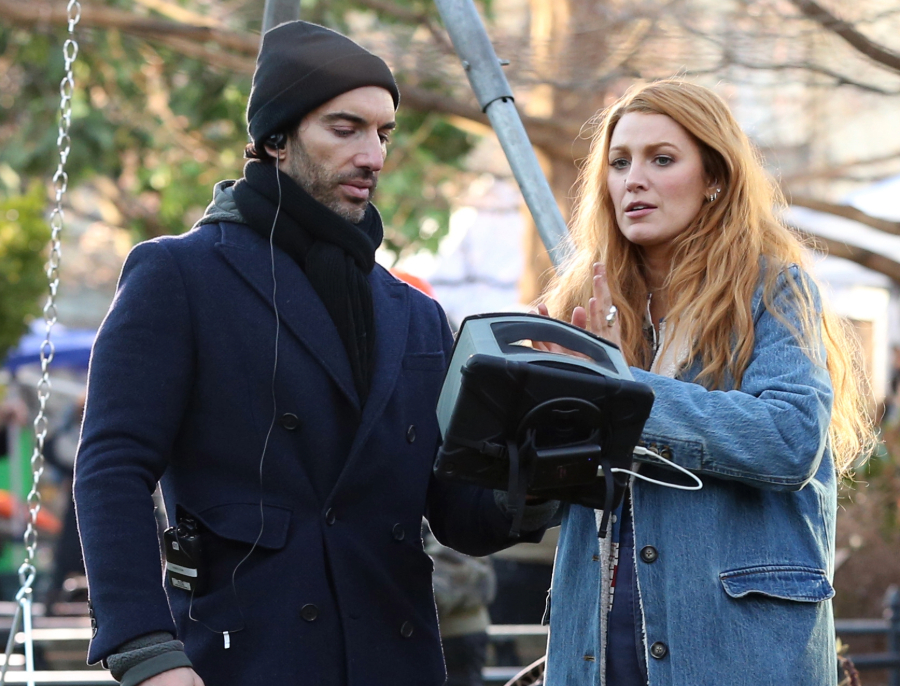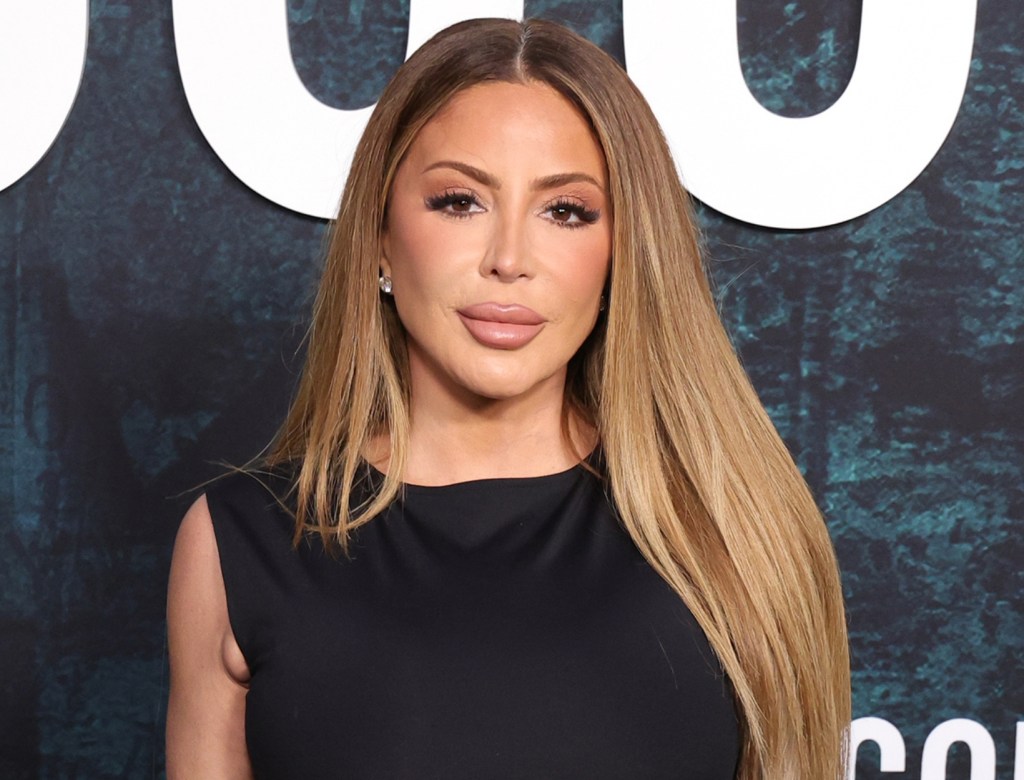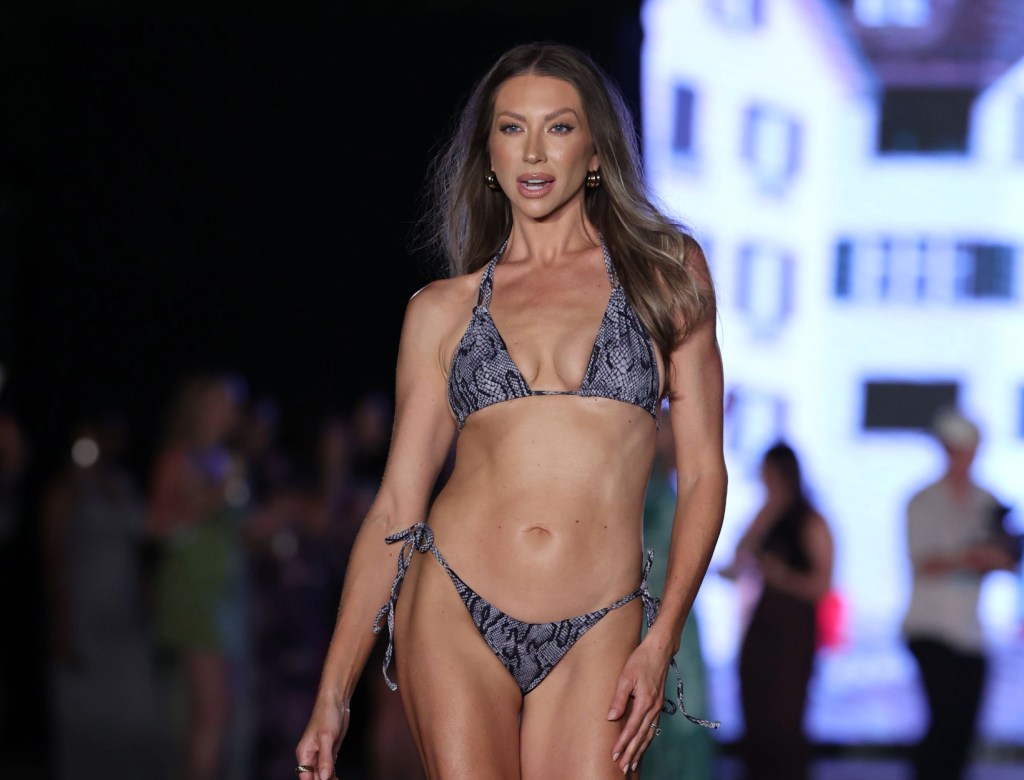Blake Lively Faces a Huge Setback in Her Lawsuit Against Justin Baldoni

The Blake Lively-Justin Baldoni lawsuit just took a significant turn—and not in Blake’s favor.
After months of back-and-forth legal drama surrounding the fallout from It Ends With Us, a federal judge just shut the door on one of the most explosive claims in Blake’s lawsuit: her accusations of intentional emotional distress. And no matter how things shake out from here, the court has made one thing crystal clear: Those claims are off the table.
So, what happened? What does it mean? And why is this a serious setback for Team Lively?
A quick recap of the Blake Lively-Justin Baldoni lawsuit
Blake Lively filed a sweeping lawsuit alleging sexual harassment, retaliation, and emotional distress stemming from her working relationship with Justin Baldoni and his company, Wayfarer Studios. In response, Baldoni fired back with a $400 million defamation and extortion countersuit, naming not just Blake but also her husband, Ryan Reynolds, and the pair’s PR team. Since then, the whole thing has spiraled into a multi-lawsuit circus involving subpoenas, celebrity names (including Taylor Swift), and enough press coverage to rival a Bravo reunion.
Now, the court is weighing in—focusing directly on Blake’s emotional distress claims.
What the judge said (and why it matters)
In an order filed on Tuesday, June 3, Judge Lewis J. Liman issued a brisk assessment of the situation. Here’s the key line:
“The motion to compel…is denied based on Plaintiff’s representation that the relevant claims will be withdrawn.”
Translation: Because Blake’s team said they planned to drop her emotional distress claims (specifically, her 10th and 11th causes of action), the court said it wouldn’t force her to turn over her private medical records. But Team Lively can’t spin this into a “win” for their side, because the rest of the judge’s ruling makes it very clear that this door is now permanently closed.
Judge Liman continued:
“Lively’s request that ‘because the parties have agreed to dismiss Ms. Lively’s tenth and eleventh causes of action…the Court exercise its inherent authority and authority under Rule 15 to dismiss them without prejudice’ is denied without prejudice to renewal. The parties shall stipulate to whether the dismissal is with or without prejudice, or Lively shall renew her request by formal motion.”
And then came the most damaging part:
“For avoidance of doubt, if the claims are not dismissed, the Court will preclude Lively from offering any evidence of emotional distress.”
In other words, if Blake doesn’t officially drop her emotional distress claims, the judge will block her from presenting any evidence related to emotional harm anyway. Those emotional distress claims are now legally irrelevant, whether they’re dismissed on paper or not.
Why this is a major setback for Blake Lively
This ruling isn’t just a procedural hiccup. It strikes at the heart of Blake’s narrative. Emotional distress was one of her headline-grabbing accusations—the type of claim that resonates with juries and fans alike. But now? She can’t lean on it. She can’t bring it up in court. She can’t present medical records or therapy notes. It’s gone.
What’s more, this ruling slams the brakes on any attempt to revive that angle later. The judge has made it abundantly clear: Emotional distress is out, permanently.
Team Lively tries to spin it
Blake’s lawyers, Esra Hudson and Mike Gottlieb, attempted to downplay the damage. In a statement issued on the same day of the ruling, they said:
“The court denied Wayfarer’s motion. He told the parties to continue their discussions about the technicalities of how two of the 15 claims will be voluntarily dismissed.”
They added:
“Ms. Lively has offered to dismiss those claims because they are no longer necessary, and she will continue to pursue emotional distress damages through other claims in her lawsuit, including sexual harassment and retaliation.”
It’s a bold spin—but it doesn’t change the bottom line. Judge Liman wasn’t buying the ambiguity. His order makes it clear: Blake doesn’t get to argue emotional distress at all unless she makes a formal motion or agreement about dismissal. And even if she successfully gets it in through a formal motion or dismissal agreement, the evidence proving her case stays out—meaning that her alleged emotional distress can’t be proven.
What comes next in the Blake Lively-Justin Baldoni lawsuit
This isn’t the end of the case, but it is a significant turning point. The emotional distress claim was a linchpin in Blake’s original filing, and with it gone, her legal strategy takes a hit.
Meanwhile, Justin Baldoni’s team has stayed silent, letting the court’s ruling speak for itself. And make no mistake: It speaks volumes. This decision hands them a procedural win and strips Blake’s team of one of its most emotionally resonant arguments.
The trial is still scheduled for March 9, 2026, and with no settlement in sight, it’s likely to get messier before it gets resolved. But for now? The court has spoken, and emotional distress is no longer part of the story Blake Lively gets to tell.




















Leave a Reply